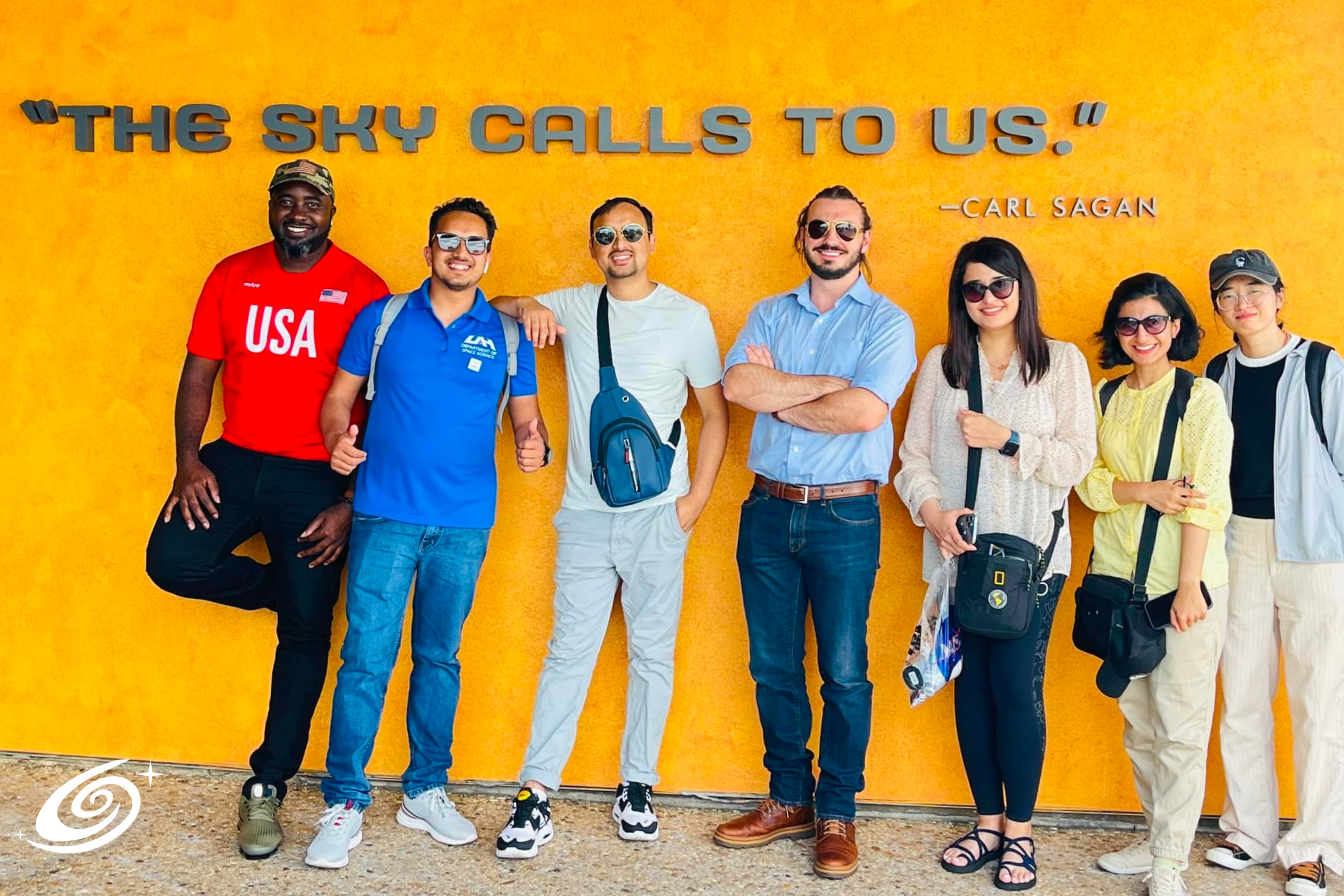Paid FTPP internships offer STEM students travel and connections opportunities

University students studying science, technology, engineering and math (STEM) subjects in the Southeast should check out four paid internship opportunities funded by Future Technologies & enabling Plasma Processes (FTPP), a University of Alabama in Huntsville (UAH)-led effort to fund, develop and commercialize plasma research and the high-tech workforce it requires.
Internship enrollment is going on now through March 15.
“I can’t emphasize enough how important it is to a student’s future career opportunities to partake in an internship, says Indira Richardson, FTPP project manager, who is a coordinator of the internship programs.
“Not only does it give you an impressive experience to write on your resume,” Richardson says, “but it can help you narrow down just what type of work environment and science specialty you want to go into.”
FTPP is a five-year, $20 million National Science Foundation (NSF) Established Program to Stimulate Competitive Research (EPSCoR) grant that funds a statewide coalition of nine universities and a research corporation. FTPP aims to transition plasma research into agricultural, manufacturing, space science, space weather prediction and other applications, establishing Alabama as a Southeastern regional hub for plasma science expertise and creating thousands of high-paying technical careers in the state and region.
Besides UAH, a part of the University of Alabama System, members are The University of Alabama (UA), The University of Alabama at Birmingham (UAB), Auburn University (AU), Tuskegee University (TU), the University of South Alabama (USA), Alabama A&M University (AAMU), Alabama State University (ASU), Oakwood University (OU) and CFD Research Corp.
Details about the opportunities:
- The Regional Introduction to Plasma Physics (RIPP) summer internship is a nine-week program where undergraduate students can select a research project and work with an FTPP faculty member. This internship is available to students at various partner schools, including UAH, ASU, AU, USA and UAB. Students will gain experience in plasma research and interact with industry experts.
- The Corporate Internship Plasma Training in Alabama (CIPTA) is a 10-week program that provides students at FTPP partner institutions with experiences in plasma technology applications at private companies. Both undergraduate and graduate students from various disciplines are eligible for the program.
- The South Eastern Research Experiences for Undergraduates (SE REU) is a program catered to undergraduate students enrolled at historically black colleges and universities across the Southeast. Selected interns will be enrolled in a quality REU program at one of the partner universities (UAH, UAB, ASU). The goal is to engage an educated and skilled pool of scientists and engineers to promote long-term relationships between students and investigators to enhance the Alabama workforce.
- The International Space Weather Camp (ISWC) is an opportunity for undergraduate and graduate students to work with students and faculty internationally from UAH, the South African National Space Agency and the German Aerospace Center. The camp aims to teach students about space physics and its impact on modern society. It also promotes personal, professional and cultural connections.
“The ISWC, SE REU, and RIPP internships provide STEM students the opportunity to do hands-on science with leading researchers on cutting edge research projects in plasma physics, while the CIPTA internship gives students real world experience working in a corporate environment on the latest plasma physics technologies,” Richardson says.
Establishing connections and enjoying travel are two integral internship benefits.
“The CIPTA interns are able to make very important connections in the corporate world, while the ISWC, SE REU and RIPP internships let students make connections with other interns and professors and researchers in a wide array of plasma physics fields,” Richardson says. “And in the case of the ISWC internships, participants are able to meet other students from the Southeastern United States, Germany and South Africa.”
Travel is one of the most rewarding aspects of the ISWC internship, she says.
“The ability to meet and interact with students from other countries, as well as learn the latest space weather science from experts in the United States, Germany and South Africa, is truly a unique opportunity,” says Richardson.
“One of my favorite sayings is by fifth century scholar and traveler St. Augustine. He said ‘The world is a book and those who do not travel read only one page.’ I firmly believe this to be true, and the ISWC’s combination of scientific and cultural experiences allows students to not only read a new page, but a whole new chapter.”

